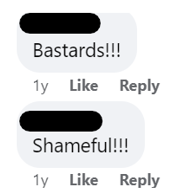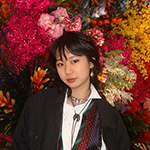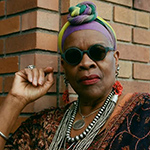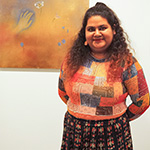Sometimes I Feel Like Keanu Reeves

Artist’s Statement
Since its inception, Submittable has been an integral step in helping creative work reach a wider audience. The word “step” carries with it an inherent sense of liminality; a sort of momentary breath on the journey towards greater goals. With this notion in mind, I wanted to shift the narrative by designing a game which pushed the submission process to the forefront and have it be the work instead of simply proceeding it. Approaching things through a game lens was my conscious effort to turn a tedious and sometimes irksome activity into something slightly less so. In other words, putting the “smile” in (S)ub(m)(i)ttab(le).
Fluctuation in # of declines hurling towards your creative aspirations mimics the emotional damage we all go through. Some days you only get a couple, while others you wonder why you even embarked on this journey in the first place. There is one constant; unpredictability! Declines flying in from all angles without warning mirrors the way rejections can often arrive when you least expect them. I know I’ve gotten a couple Paris Review nos while engaging in mundane tasks like doing dishes or taking out the trash. Standing there before the garbage can I wonder, “Is THIS where my work belongs?” Sometimes. Other times, like an unemployed person, I realize all it needs is a little work.
Which brings us to the third and most important point. While I can only speak for myself, there is an almost automatic impulse to click the “Submit Again” button upon dying. Hopefully this rings true for others as well. By resubmitting in my game, folks might be subconsciously encouraged to do the same in real life. Rejections are inevitable, but so are acceptances. Do you think Kobe would’ve become the GOAT that he was without spending hours in the gym draining buckets for fun? What I’m saying is remember the three p’s: practice, persistence, and patience. Just don’t forget their counterparts: panic, perspiration, and profanity. Duality. So the next time you feel like throwing your mobile device across the room after spotting the word “regret” in a PR email, chill tf out and remind yourself, “It takes courage to try, but even more to try again. Keep going; you’ll get there.”

Nam Hoang Tran is a multidisciplinary artist based in Orlando, FL. His work appears or is forthcoming in Posit, The Brooklyn Review, mercury firs, New Delta Review, Tagvverk, Always Crashing, and Diode, among others. W/ Henry Goldkamp, he co-edits TILT – a journal of intermedia poetics. Find him online @ namhtran.com.


 BACK TO ISSUE
BACK TO ISSUE
























